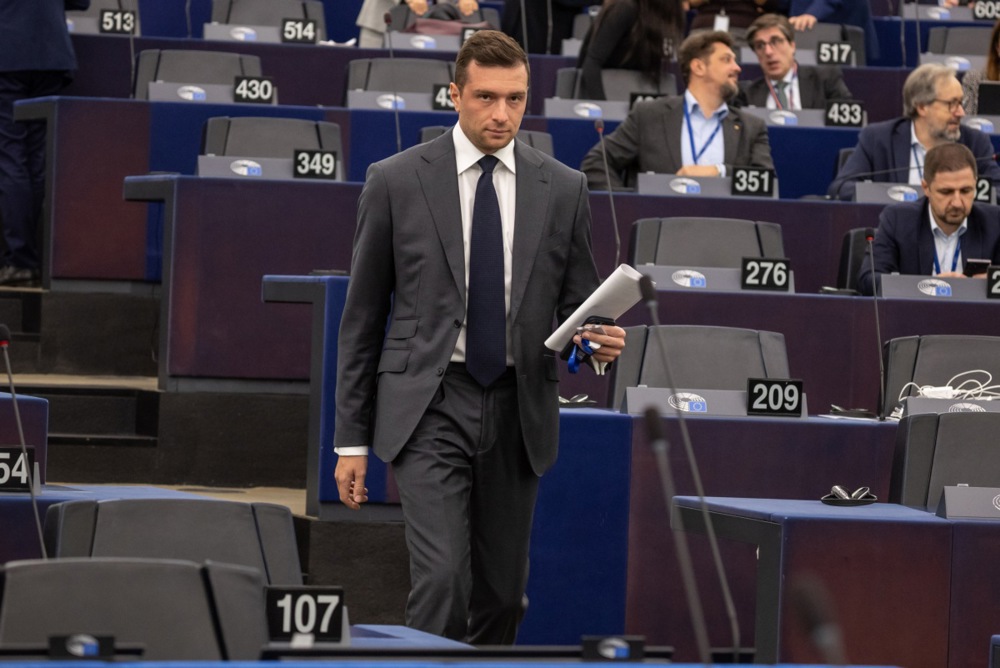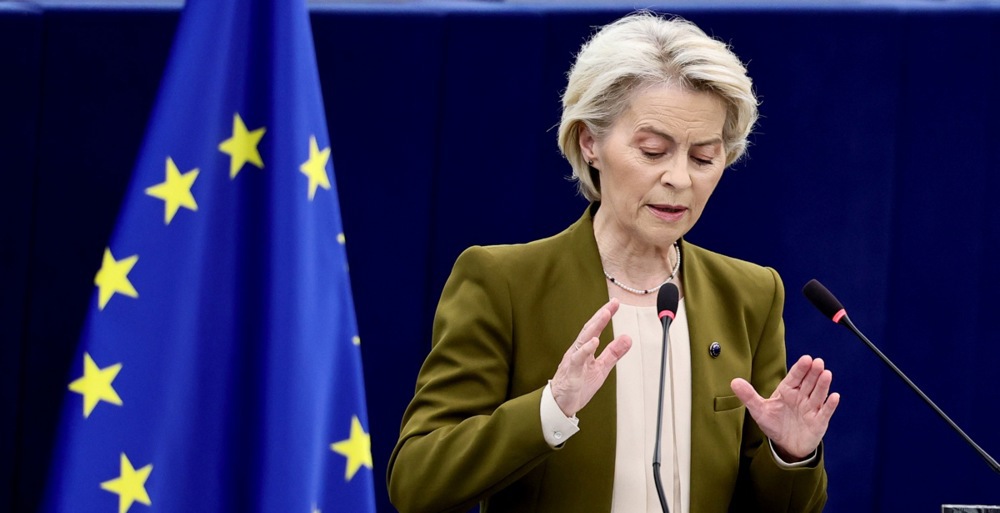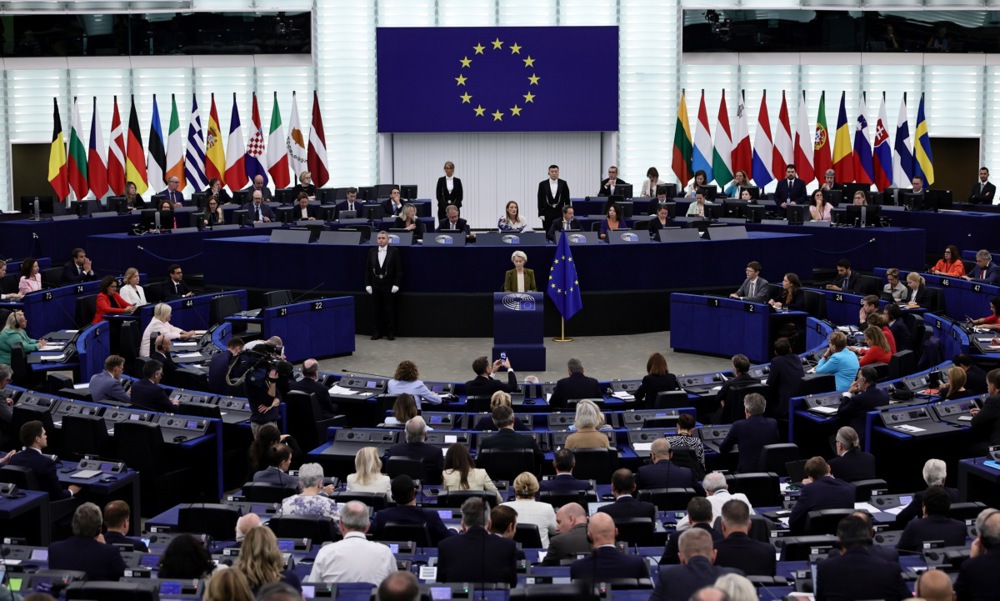The European Union should press ahead with its plans to expand to Ukraine, even if Hungary refuses to agree, the European Commission’s enlargement chief said today.
Speaking at the Brussels-based think tank CEPS today, Gert Jan Koopman, Director-General Enlargement at the European Commission, urged EU countries to keep up the momentum on talks with Ukraine, with our without Hungary.
The European Council “must now find a way to enable this process to move forward”, he said.
“The Commission and the member states have done everything possible to make it happen and I trust that at this critical political moment, the Council and the 27 , or perhaps 26, member states will make the right choices.”
Koopman said the EC’s job was to “make it possible for member states to act” but noted that one country — Hungary — “is not yet convinced”.
Speaking in Budapest today, Hungarian Prime Minister Viktor Orbán said that Ukraine is not ready to join the EU, especially as it is still at war, Reuters reported. “This is why they want to squeeze Ukraine into the EU at any price….to bring war into Europe, and take EU money to Ukraine,” he said.
Koopman hinted that the rest of the bloc could still move forward together. “If 26 member states are in favour and one is not,” he said. “There are ways in which the position of the vast majority can be expressed.”
His comments came as Ukrainian President Volodymyr Zelensky voiced growing frustration over the stalled process of joining the EU.
Speaking at a Council meeting in Brussels the same day, Zelensky said talks on Ukraine’s membership had been blocked for more than six months. He called the delay “artificial and unfair”, saying Ukraine had already done everything required to open the next phase of negotiations.
EU officials are reportedly exploring ways to continue the process despite Hungary’s opposition.
One proposal reportedly under discussion would allow new members, including Ukraine, Moldova and Western Balkan countries, to join gradually, with limited voting rights at first before gaining full membership.
Observers say the proposal, which is still in early talks, is aimed at easing tensions with Orbán, who is opposed to Ukraine joining the EU.
Other countries, such as Bulgaria and Greece, have also raised concerns but face growing pressure from pro-enlargement governments to clear the way.
A decision on opening several negotiating chapters is expected in December. These chapters are groups of policy areas that candidate countries must align with EU rules and standards.
Starting them would mark the beginning of formal talks and indicate the next stage of the membership process. Reports say the timing is intended to reflect the preparations completed by candidate countries and the political arrangements among member states.
Meanwhile, European Council President António Costa has proposed initiatives to address opposition from Hungary and other member states by suggesting new members like Ukraine or Moldova join in stages.
Under the idea, they could take part in EU meetings and get partial voting rights before becoming full members later. The goal is to prevent one country from being able to stop everyone else — and to calm fears among older members about future vetoes.





